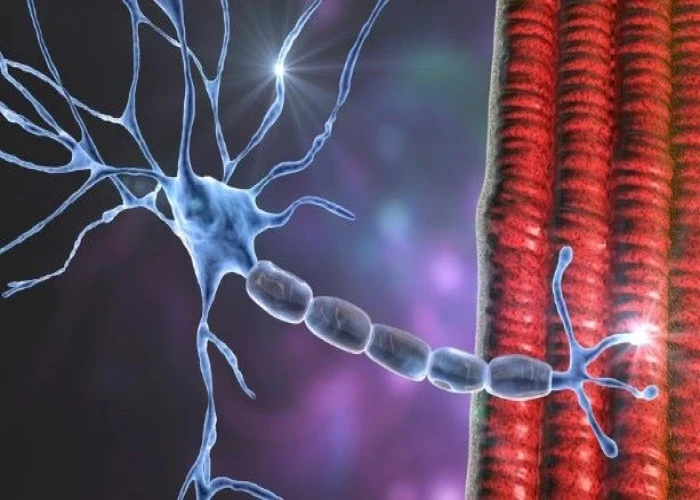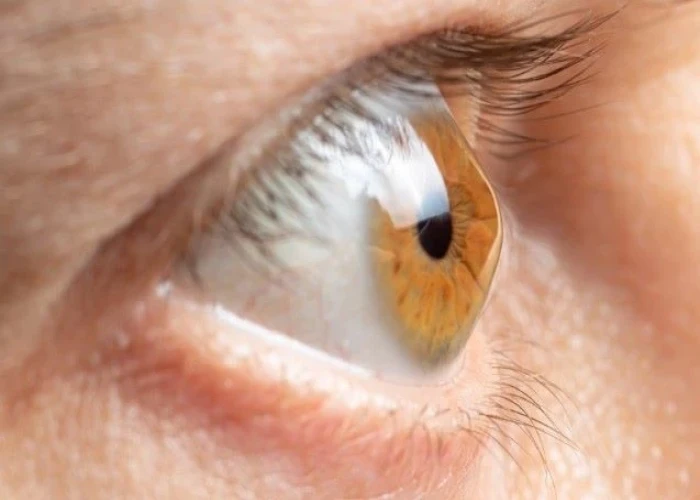 Welcome
Welcome
“May all be happy, may all be healed, may all be at peace and may no one ever suffer."
Klinefelter syndrome

Klinefelter syndrome, also known as XXY syndrome, is a genetic disorder that affects males. It is caused by the presence of an extra X chromosome in each cell of the body. Normally, males have one X and one Y chromosome. However, in Klinefelter syndrome, males have two or more X chromosomes, resulting in a variety of physical, developmental, and psychological symptoms.
The symptoms of Klinefelter syndrome can vary, but may include:
- Small testicles and penis
- Infertility or reduced fertility
- Breast enlargement (gynecomastia)
- Reduced muscle mass and strength
- Decreased facial and body hair
- Tall stature
- Learning and developmental difficulties
- Social and emotional challenges, such as shyness or difficulty expressing emotions
Klinefelter syndrome is diagnosed through genetic testing, which can detect the presence of an extra X chromosome. Treatment may include testosterone replacement therapy to help with physical symptoms, speech therapy or counseling for social and emotional challenges, and special education or tutoring to address learning difficulties. With appropriate treatment and support, individuals with Klinefelter syndrome can lead healthy and fulfilling lives.
Research Papers
Disease Signs and Symptoms
- Weak muscle tone (hypotonia)
- Difficulty expressing thoughts and feelings or socializing
- Tendency to be shy and sensitive
- Absent, delayed or incomplete puberty
- Longer legs, shorter torso and broader hips compared with other boys
- Small firm testicles
- Decreased energy
- Weakened bone (osteoporosis)
- Males may have a small penis and scrotum.
- Muscle weakness
- Less muscular compared with other men
Disease Causes
Klinefelter syndrome
Klinefelter syndrome occurs as a result of a random error that causes a male to be born with an extra sex chromosome. It isn't an inherited condition.
Humans have 46 chromosomes, including two sex chromosomes that determine a person's sex. Females have two X sex chromosomes (XX). Males have an X and a Y sex chromosome (XY).
Klinefelter syndrome can be caused by:
- One extra copy of the X chromosome in each cell (XXY), the most common cause
- An extra X chromosome in some of the cells (mosaic Klinefelter syndrome), with fewer symptoms
- More than one extra copy of the X chromosome, which is rare and results in a severe form
Extra copies of genes on the X chromosome can interfere with male sexual development and fertility.
Disease Prevents
Disease Treatments
If you or your son is diagnosed with Klinefelter syndrome, your health care team may include a doctor who specializes in diagnosing and treating disorders involving the body's glands and hormones (endocrinologist), a speech therapist, a pediatrician, a physical therapist, a genetic counselor, a reproductive medicine or infertility specialist, and a counselor or psychologist.
Although there's no way to repair the sex chromosome changes due to Klinefelter syndrome, treatments can help minimize its effects. The earlier a diagnosis is made and treatment is started, the greater the benefits. But it's never too late to get help.
Treatment for Klinefelter syndrome is based on signs and symptoms and may include:
- Testosterone replacement therapy. Starting at the time of the usual onset of puberty, testosterone replacement therapy can be given to help stimulate changes that normally occur at puberty, such as developing a deeper voice, growing facial and body hair, and increasing muscle mass and sexual desire (libido). Testosterone replacement therapy can also improve bone density and reduce the risk of fractures, and it may improve mood and behavior. It will not improve infertility.
- Breast tissue removal. In males who develop enlarged breasts, excess breast tissue can be removed by a plastic surgeon, leaving a more typical-looking chest.
- Speech and physical therapy. These treatments can help boys with Klinefelter syndrome who have problems with speech, language and muscle weakness.
- Educational evaluation and support. Some boys with Klinefelter syndrome have trouble learning and socializing and can benefit from extra assistance. Talk to your child's teacher, school counselor or school nurse about what kind of support might help.
- Fertility treatment. Most men with Klinefelter syndrome are typically unable to father children because few or no sperm are produced in the testicles. For some men with minimal sperm production, a procedure called intracytoplasmic sperm injection (ICSI) may help. During ICSI, sperm is removed from the testicle with a biopsy needle and injected directly into the egg.
- Psychological counseling. Having Klinefelter syndrome can be a challenge, especially during puberty and young adulthood. For men with the condition, coping with infertility can be difficult. A family therapist, counselor or psychologist can help work through the emotional issues.
Disease Diagnoses
Disease Allopathic Generics
Disease Ayurvedic Generics
Disease Homeopathic Generics
Disease yoga
Klinefelter syndrome and Learn More about Diseases

Myasthenia gravis

Uterine prolapse

Appendicitis

Hay fever

Selective IgA deficiency

Head and neck cancers

Recurrent breast cancer

Keratoconus
klinefelter syndrome, ক্লিনফেল্টার সিন্ড্রোম
To be happy, beautiful, healthy, wealthy, hale and long-lived stay with DM3S.
